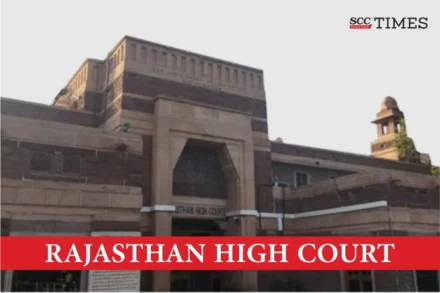
Rajasthan High Court dismisses plea challenging demolition drive on encroachments in Ummed Sagar Dam catchment area
“The petitioners are, undisputedly, encroachers and, therefore, no indulgence can be granted by this Court.”

“The petitioners are, undisputedly, encroachers and, therefore, no indulgence can be granted by this Court.”
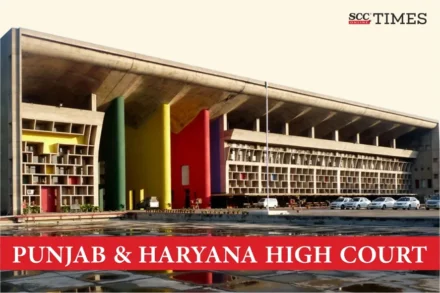
“We are a country that now has a homogenous class of Indians. A Tribal lady of a remote village can now be the President, and a worker from the grassroots level may reach up to the highest echelons of the administration.”
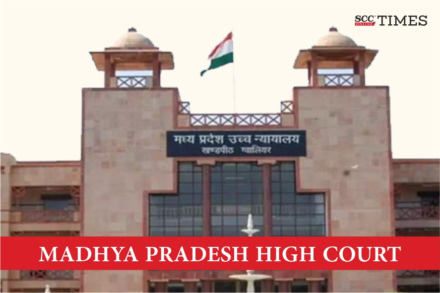
“Traffic jams are not new to the world and are known to be highly contagious … if the vehicles are allowed to enter in the 56 Dukan area from MG road, it would lead to a total chaos.”

“There is not even a single scrap of a document placed on record by the appellant/society to show any kind of legitimacy it exercises, either over the land or the illegal structure built thereon.”

The Court stated that for ascertaining the charges to be recovered from the encroacher, the land-owning authorities shall consider the area of encroached land, period for which the encroached land was illegally used, the market price or circle rate of the encroached area.
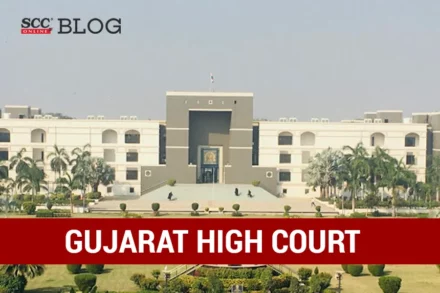
The petitioner was aggrieved by the illegal and unconstitutional demolitions, contrary to the provisions of the GPMC Act, the Waqf Act, 1995 and the Places of Worship (Special Provisions) Act, 1991.
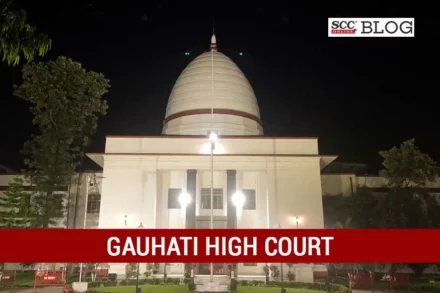
In the instant PIL where the central issue was regarding illegal mining in Digboi forest, the Court also took note of the fact that the illegal activities are also destroying heritage sites associated with Ahom dynasty.
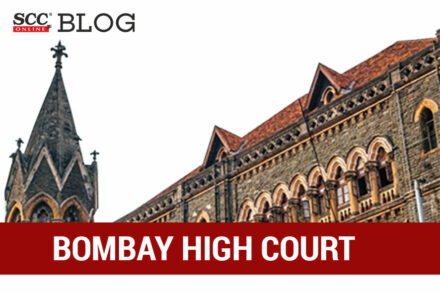
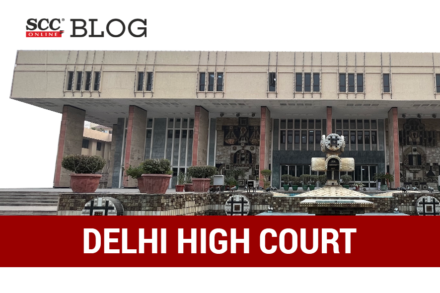
The Delhi High Court held that places of worship could not encroach on public land and therefore, permitted demolition of parts of Mandir and Masjid to make pedestrian pathway uniform.
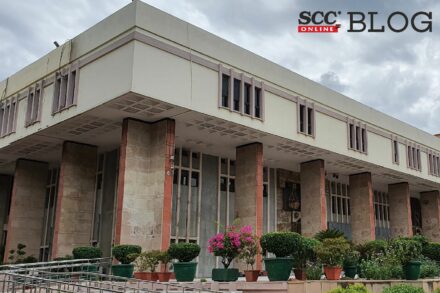
Delhi High Court: Expressing that, the mere fact that certain encroachments represent religious structure cannot possibly detract State from its obligation, Yashwant
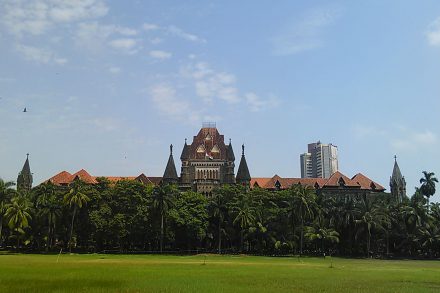
Bombay High Court: While emphasizing the aspect of encroachment of public land, the Division Bench of Dipankar Datta, CJ and G.S. Kulkarni,
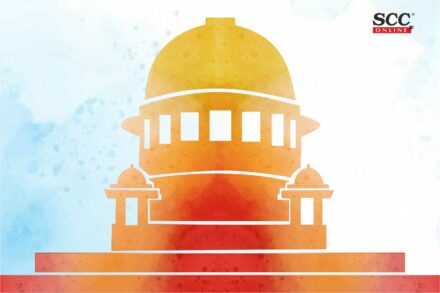
Supreme Court: In the case where two petitioners had encroached upon the Panchayat land and had constructed houses on it, the bench
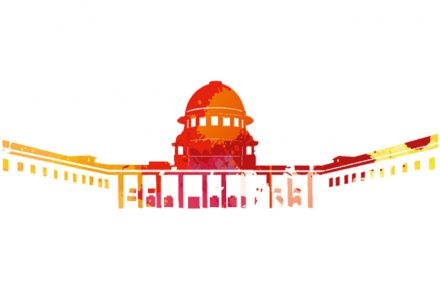
Supreme Court: Dealing with the authority of the “Monitoring Committee to seal the residential premises on the private land” particularly when they
Madhya Pradesh High Court: G.S. Ahluwalia, J. dismissed a writ petition filed by the petitioners claiming that the Additional Director General of
Jharkhand High Court: Rajesh Shankar, J. quashed and set aside the impugned order issued by the Chairman of Lohardaga Municipality. The had
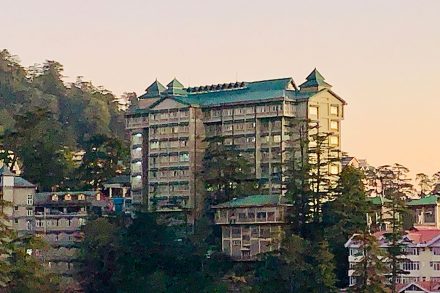
Himachal Pradesh High Court: Ajay Mohan Goel, J. entertained a writ petition filed under Article 227 of the Constitution of India, where
Jammu & Kashmir High Court: Sanjay Kumar Gupta, J. dismissed a writ petition seeking a writ of mandamus against official respondents for
Rajasthan High Court: The Bench of Mohammad Rafiq and Goverdhan Bardhar, JJ. disposed of a petition with the direction to the petitioner
Madras High Court: A Bench of S.M. Subramaniam, J. while addressing a writ petition stated that “If a deity in a temple
Karnataka High Court: A Division bench comprising of Dinesh Maheswari and S.G. Pandit, JJ. while hearing a civil writ petition declined to